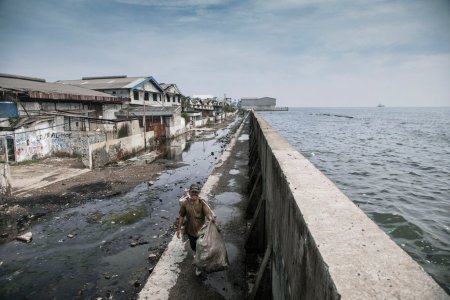Part 6 of Decarbonising the Built Environment: a Global Overview, by Tom Ackers
Download the whole series as a PDF here
From the perspectives of real human needs and capacities, and present forms of technology, it is perfectly possible for all the world’s peoples and societies to follow a low energy and low emissions economic path from now onwards.
The obstacles to that come from the forces of capitalist growth, and the powerful interests invested in a more destructive future.

The obvious rational route to decarbonisation and a more liveable environment is “contraction and convergence”, a concept pioneered by the Global Commons Institute.
It means that the world’s high consumers of materials and energy need to contract their material and energy footprints dramatically; in turn, that creates consumption space for the world’s poor to consume more per capita use-values than they do now – to converge upwards on the per capita living standards of the global north.
All of that needs to happen across all sectors of the economy. It also needs to happen within a shrinking material consumption budget globally – and in the context of steep rises in forecast population.
There is plainly a tension between the extent of “permissible” material consumption, and the enormous needs for social development internationally. At least half the world’s population lives in material poverty.
Read the rest of this entry »


 Posted by peoplenature123
Posted by peoplenature123 






